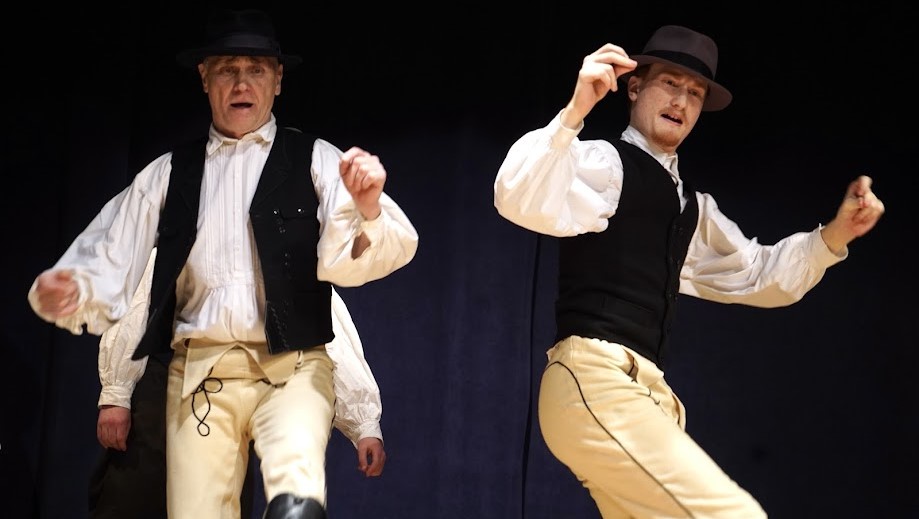
‘I didn’t really form any deep-lasting friendships with any of my schoolmates…Of course, things like math homework or sports can be common topics, but I don’t have real personal connections with them. All my relationships are tied to Hungarians. I go to school because I have to—but otherwise, I’m here, in the Hungarian community.’
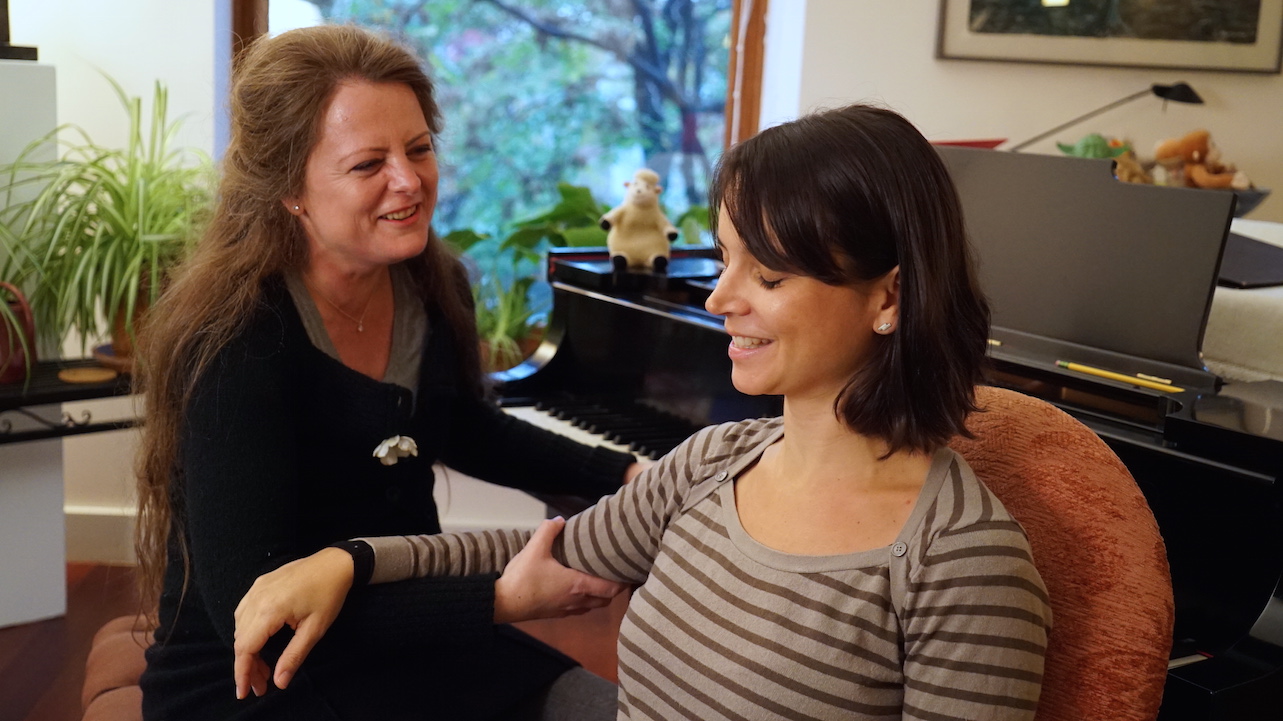
‘My primary goal is to make people aware of the existence of this singing pedagogy…The Libero Canto approach presents a completely different paradigm that hasn’t entered the mainstream, because traditional singing schools have a very tight pace of teaching, there are tough exams and performances, which we don’t have because we don’t see the point, as everyone develops at a different pace.’
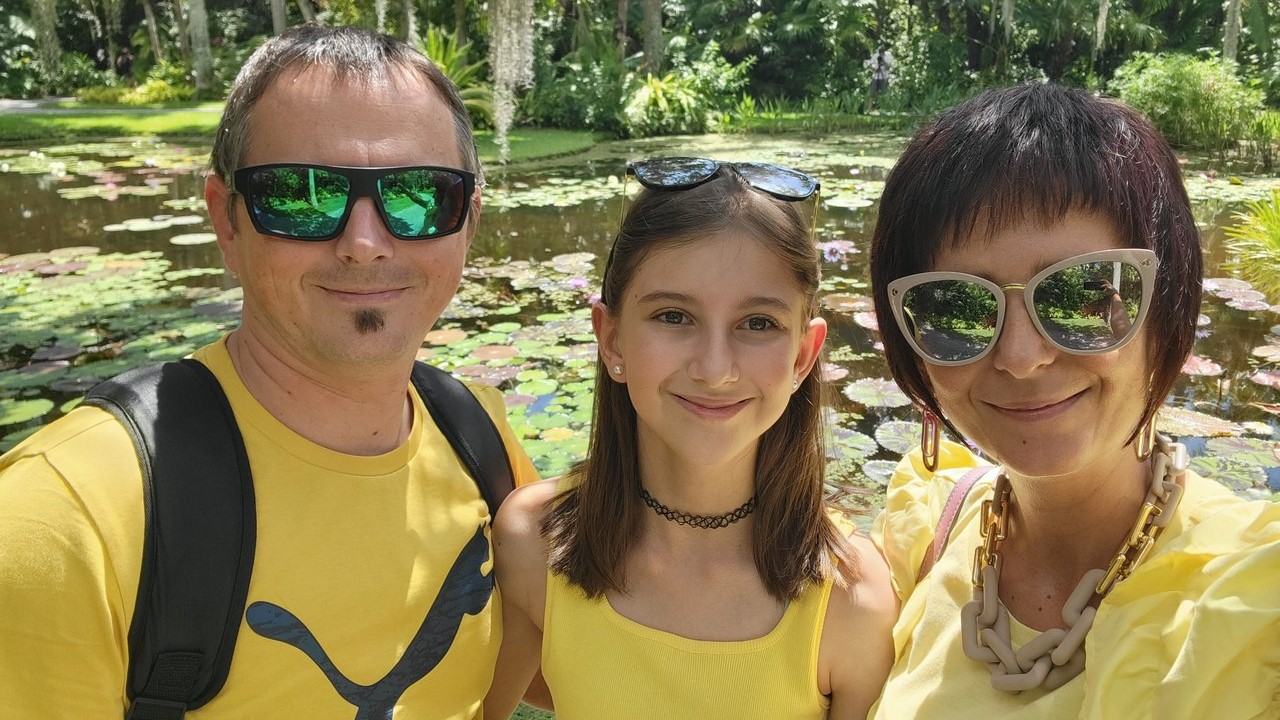
‘The support and spiritual guidance we received from the Krasznai and Bőjtös families helped us tremendously in adjusting to our new life. Even though I had already served as a pastor for 14 years, the first six months were not easy. I learned a great deal, which helped me understand both the social and religious life here.’
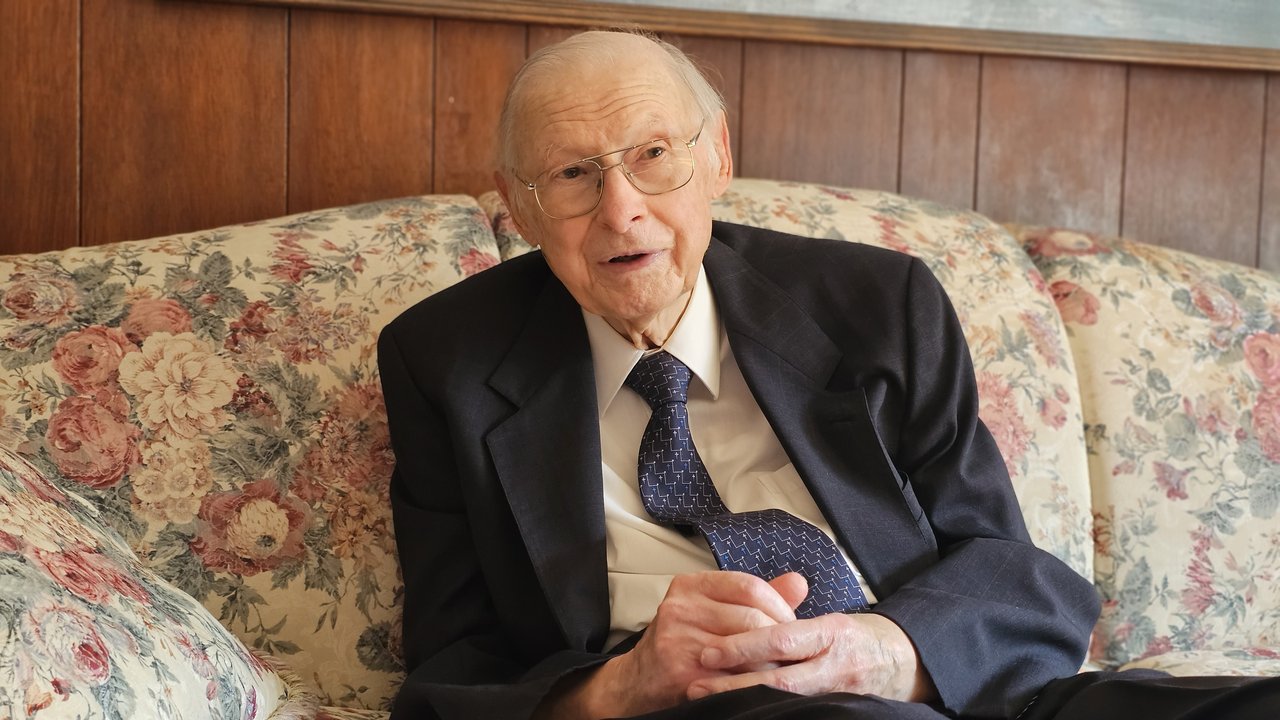
‘My parents attended the local Hungarian Reformed church, and I began attending as well. I saw how much these people needed spiritual life. They went to church out of habit and followed traditions, but they lacked true spiritual vitality. That’s when I became a Hungarian Reformed pastor. I realized that my mission was right here—I didn’t need to go any farther.’
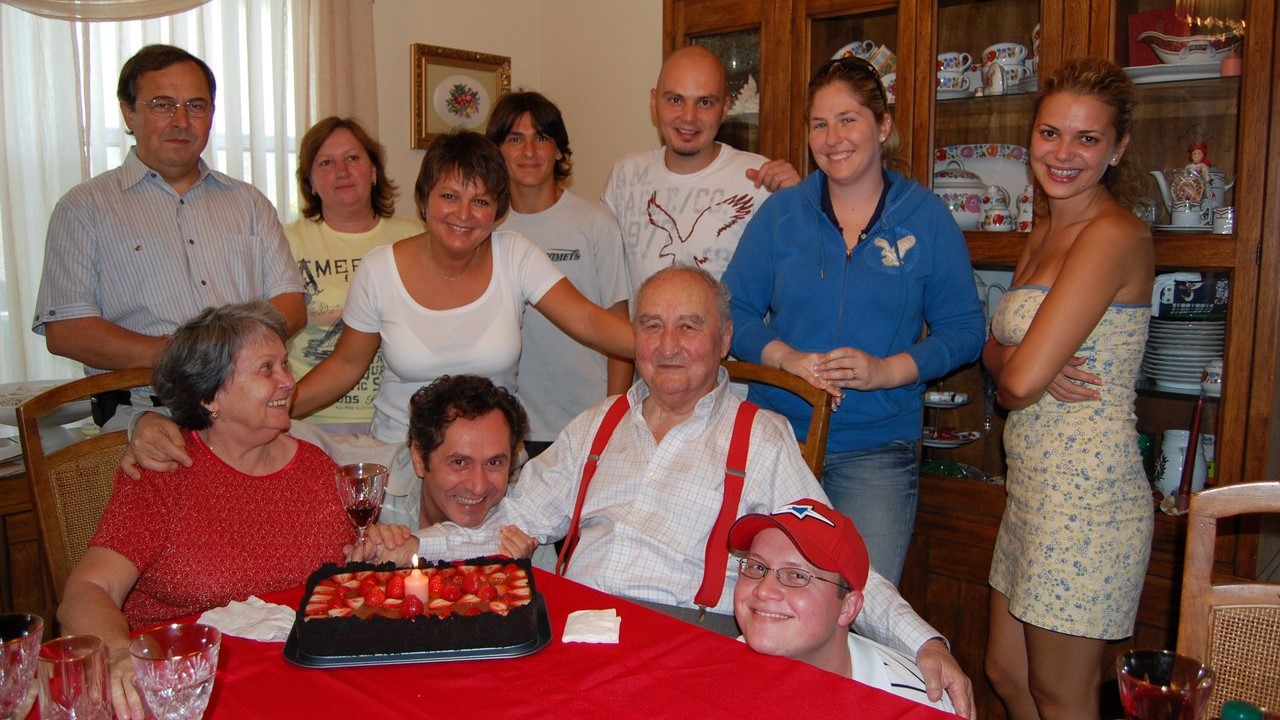
‘Brick by brick, pew by pew, bell by bell, we dismantled the old church and transported it to Arad. It was an amazing feeling to save everything—the pulpit, communion table, Moses seat, and bell! The Arad County authorities approved the plan, but Bucharest vetoed it. That was the final blow that broke my father’s spirit…’
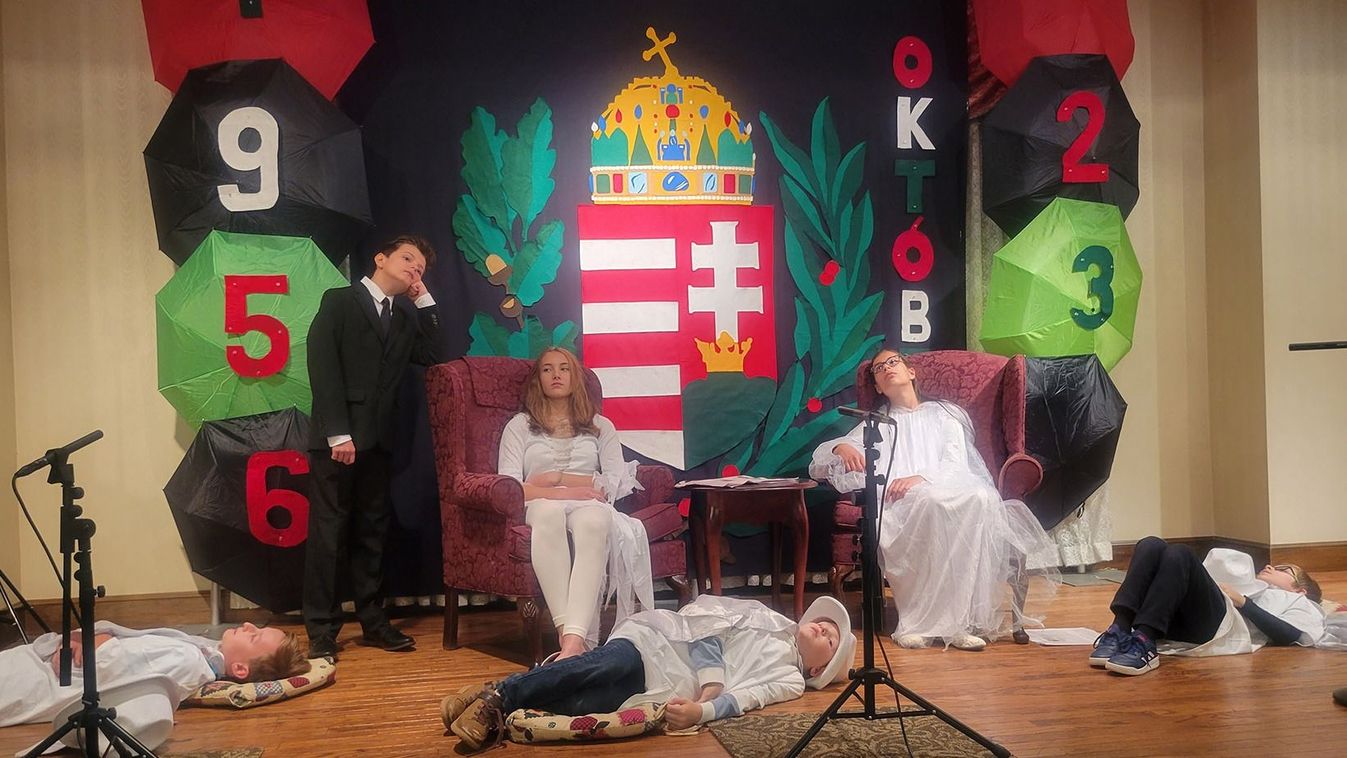
‘I’m proud that they speak two languages fluently. But we cannot take away from them the fact that they also love the place where they grew up, which is a part of their personality. Having an American identity doesn’t mean they lack a Hungarian one. In fact, I believe they are twice as rich, both emotionally and culturally—if we do it right.’
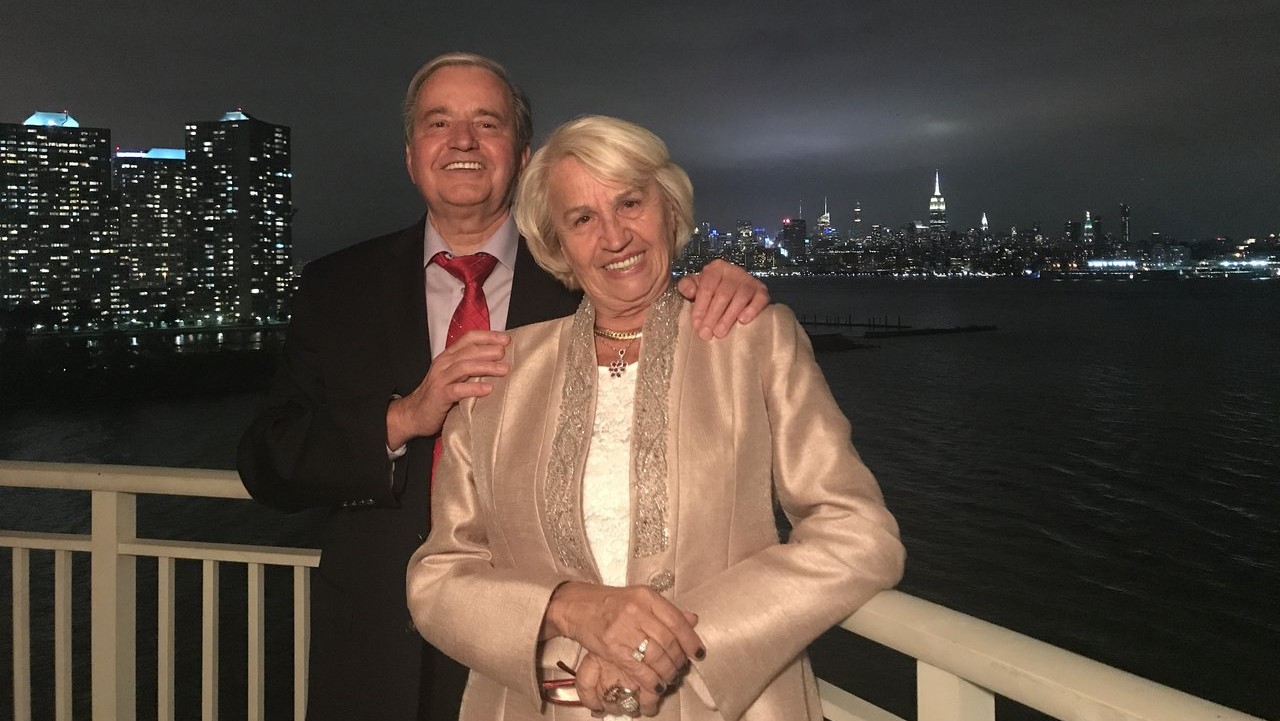
‘Several countries…were accepting refugees back then. Mózsi was worried about America because of the Vietnam War…In the end, we chose America and arrived on 2 June 1969. Our sponsor was the World Council of Churches (WCC) and the Reformed Church of New Brunswick, where Rev. Imre Bertalan, a wonderful man, was the pastor.’
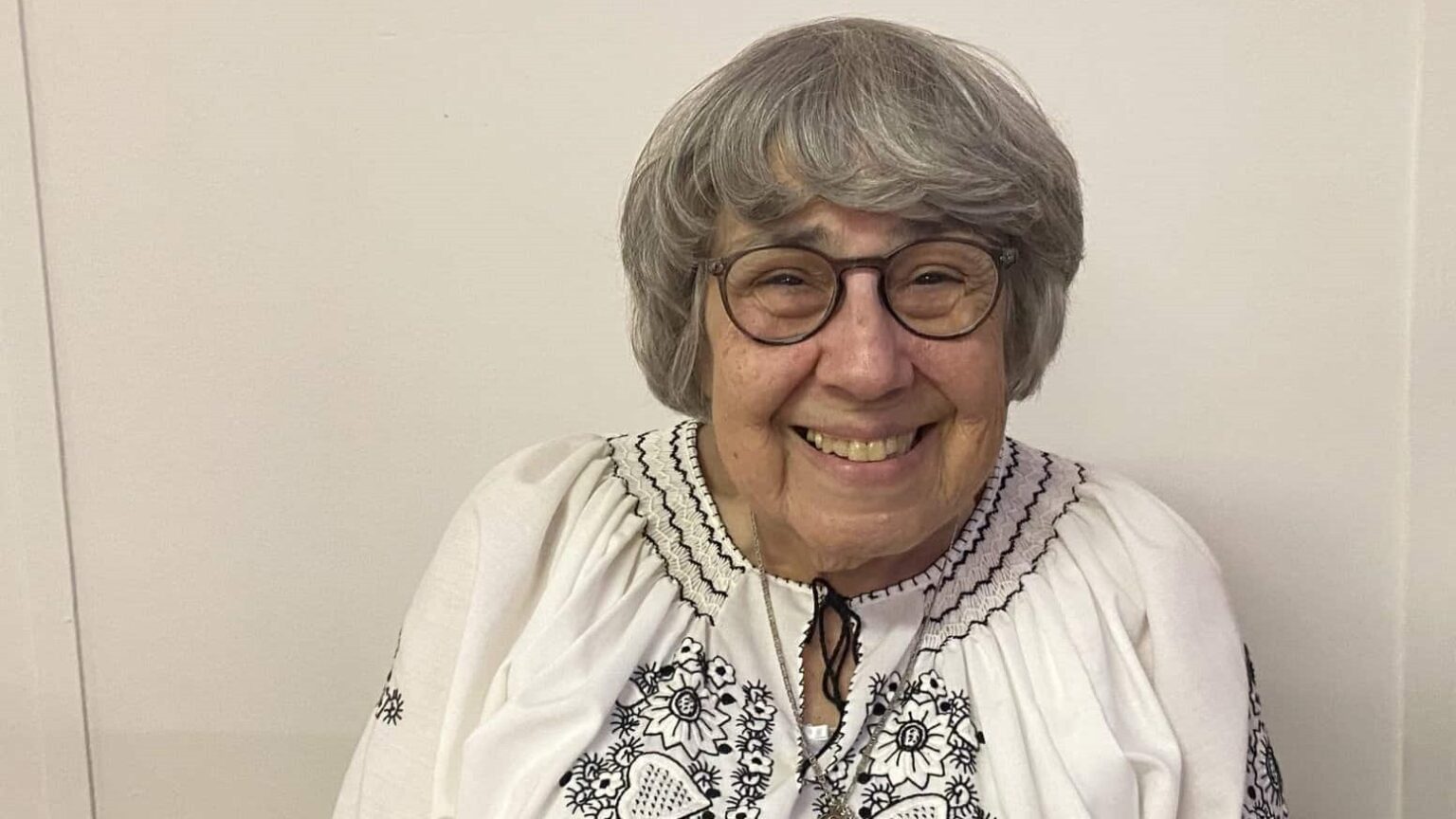
‘Sometimes, I’ve come across Hungarians in the most unlikely places. For example, I saw an article by a certain Rev. Laszlo LaDany from Hong Kong, who translated from Chinese to English. When I contacted him, it turned out that he had a niece in England whom my uncle and his wife were supporting.’
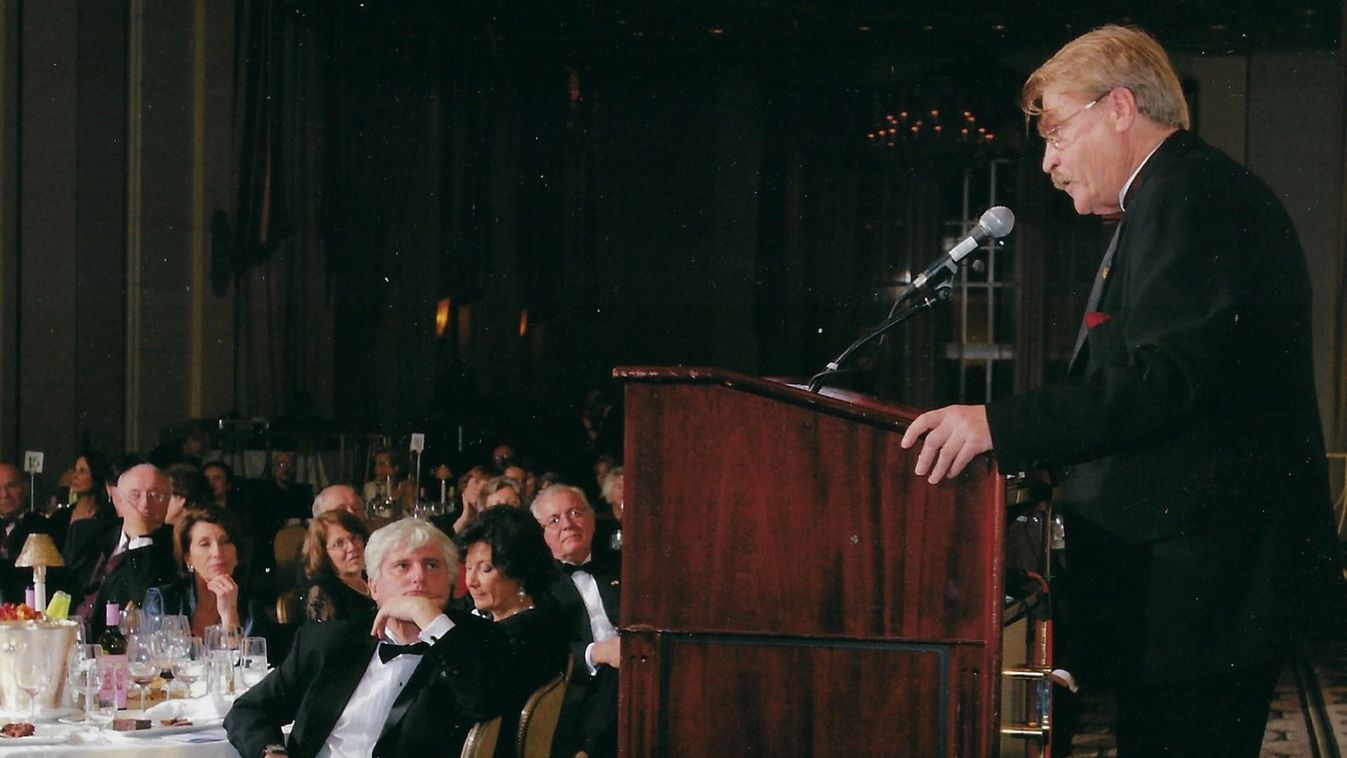
‘One of my grandfathers was a Reformed pastor, and the other was a county chief magistrate, so, from the Communist regime’s point of view, we were a “reactionary” family who didn’t accept the people’s democracy. Our family certainly helped us develop a healthy outlook on life. We weren’t spoiled; we got used to difficulties, and we even took them for granted.’
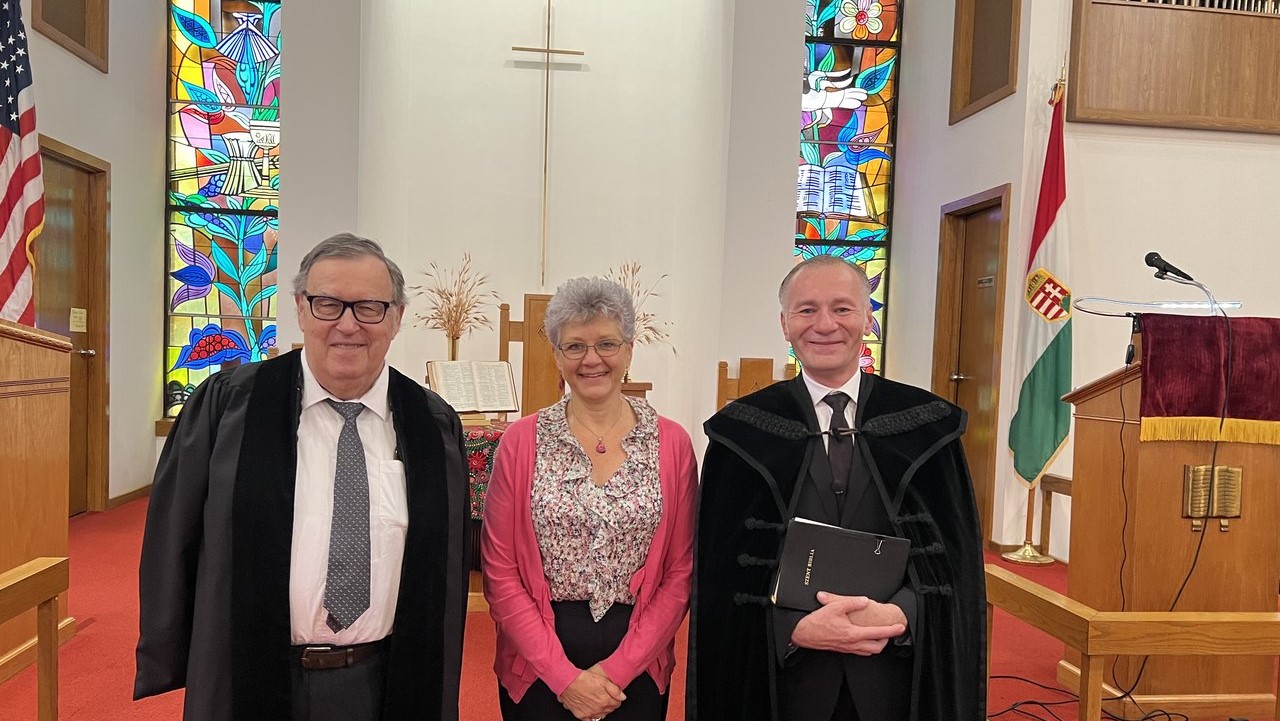
‘Our church is in an accessible, safe location, a single-story building, and a popular venue. We hold a traditional worship service. Most of the congregation is elderly. We deeply appreciate everything they have done for the church and the congregation, so we continue to serve them in the way they prefer.’
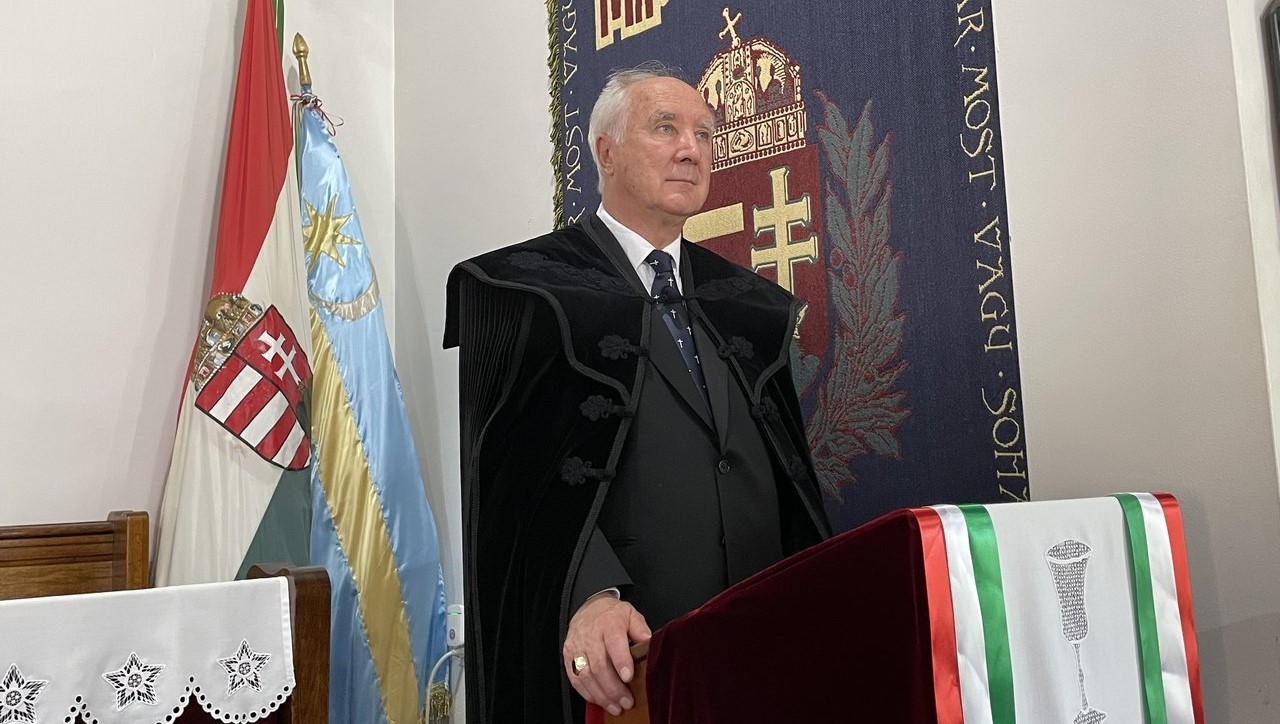
‘I didn’t even know where the theology school was. So, I got off at the Üllői Road intersection and walked to the pastoral office at Kálvin Square, where I told the pastor what had happened to me. He responded: “This is extraordinary. The theology school is actually nearby, on Ráday Street. Go there and apply.”’

An in-depth conversation with Gábor Mózsi, who, after an adventurous childhood in Budapest, moved to America at the age 21. He initially became involved in the Chicago Hungarian community as a photographer, then was elected president of the Hungarian Club. He also joined the board of the Hungarian Communion of Friends and helped launch a youth leadership training program.
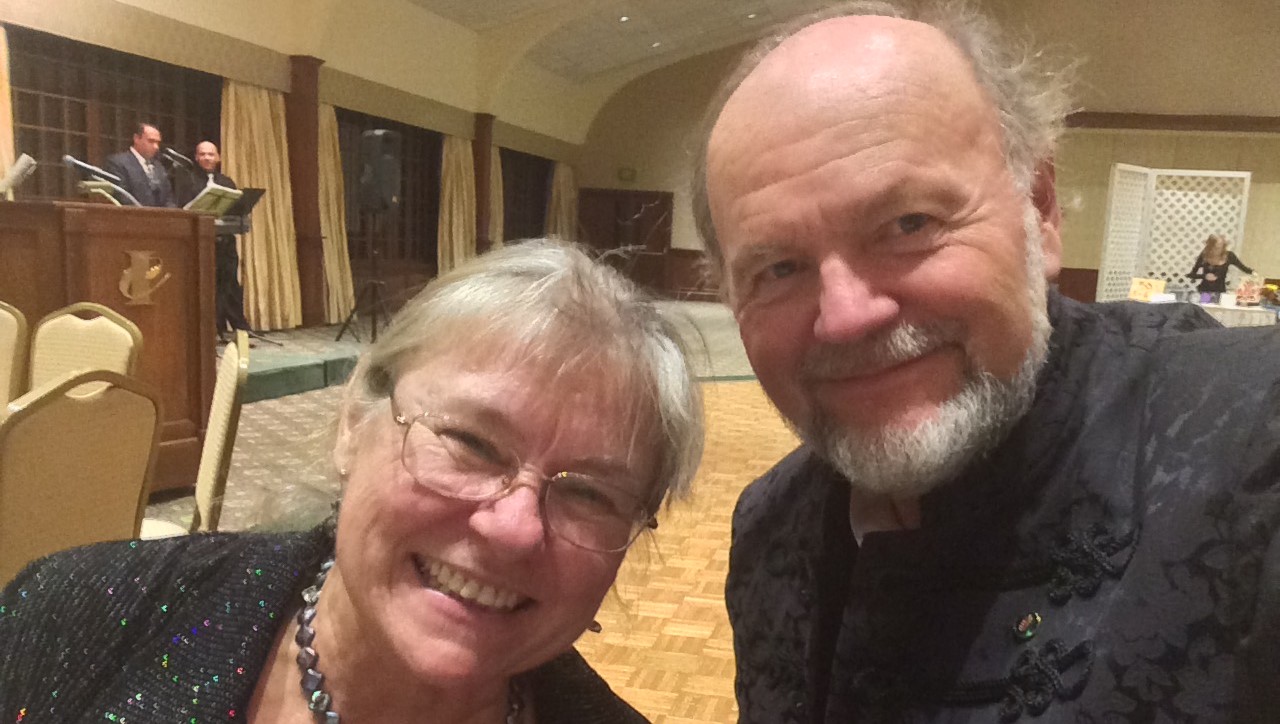
‘At that time, there was no Hungarian scouting in San Francisco, but when the idea of founding a local scout troop came up a few years later, I joined them as a patrol leader up front, even though I had never been a scout before. I thus became a founding member of the local troops, together with Tamás Csoboth and a few others.’

Zsuzsa has lived most of her life in Hungary, while Gyula grew up in the United States. They have known each other for only about 15 years, but since their first meeting in Budapest they have been driven by common social goals: strengthening cultural and economic ties between America and Hungary.
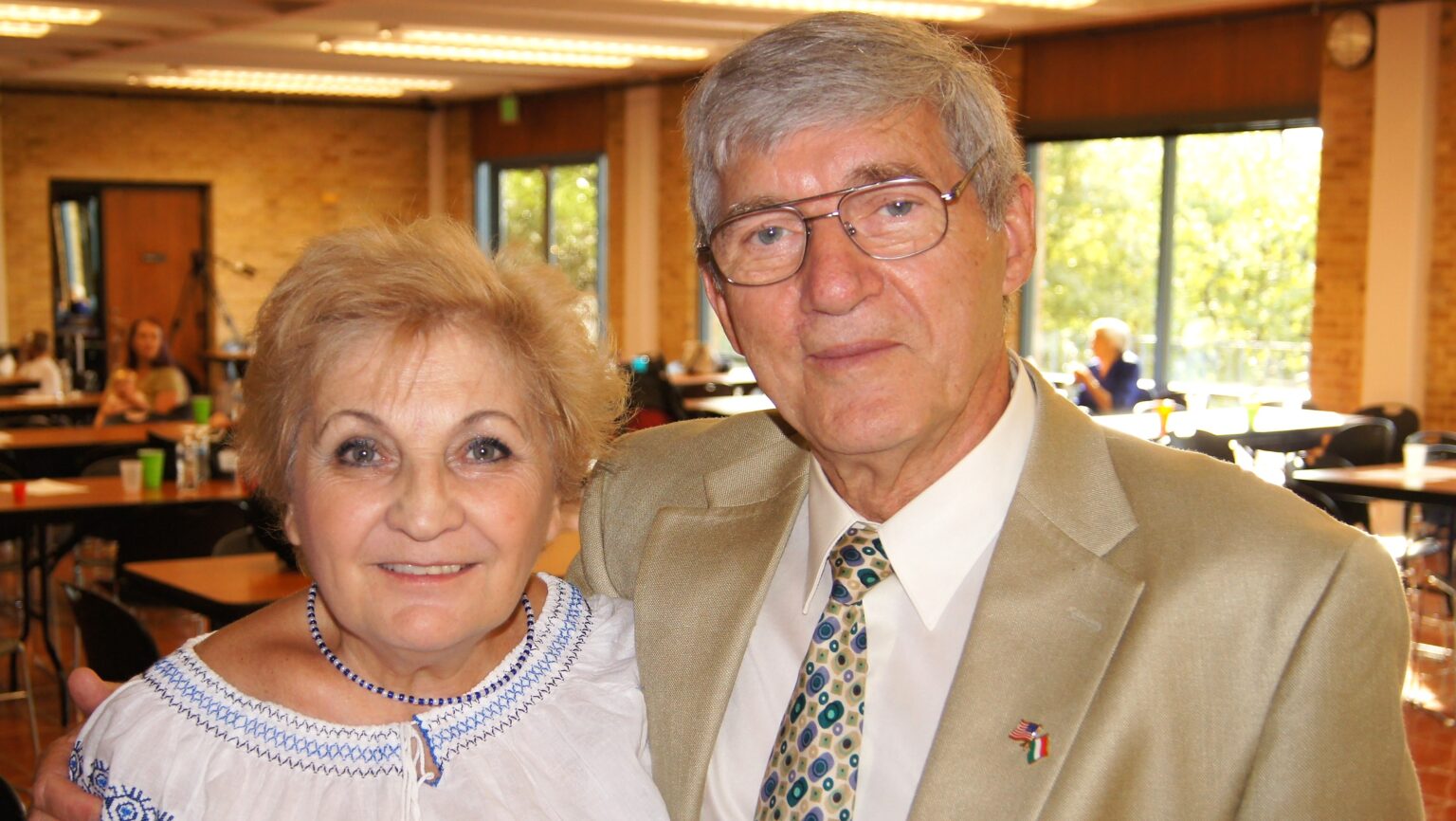
‘After passing all the tests to make sure that we were neither sick nor communists or spies, they let us go on the condition that we had a sponsor. We were sponsored by the Catholic Family Services in Amarillo, Texas, with whom we had no previous connection. When we arrived, with the organization’s help, my husband got a job within three days…’
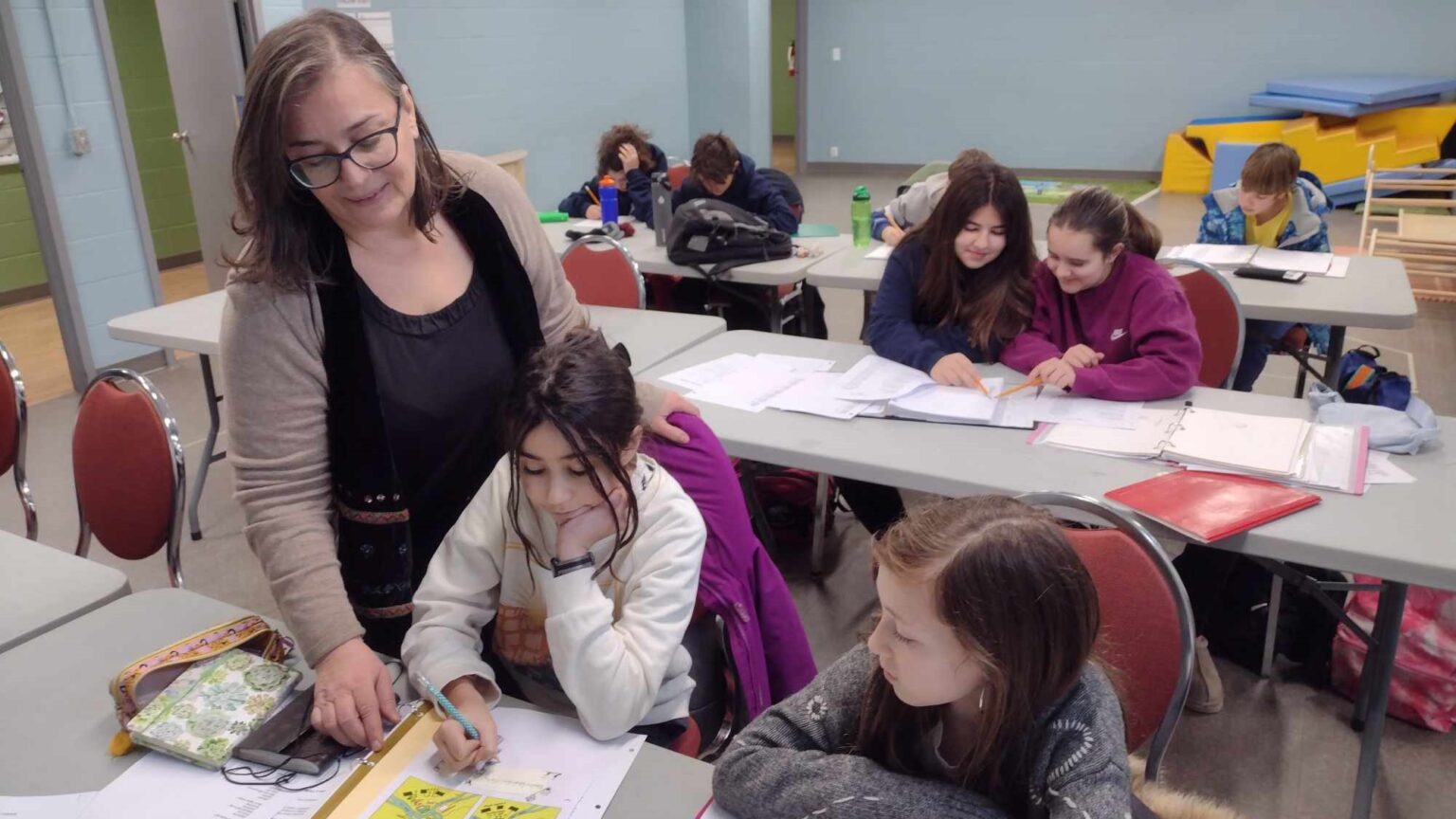
‘It’s important to me that the kids know about their family history. One assignment I give my grade 6 class is to interview a family member who immigrated to Canada, and if that person is no longer alive, to interview someone who can tell them about this experience. The kids always learn something new, and so do I.’
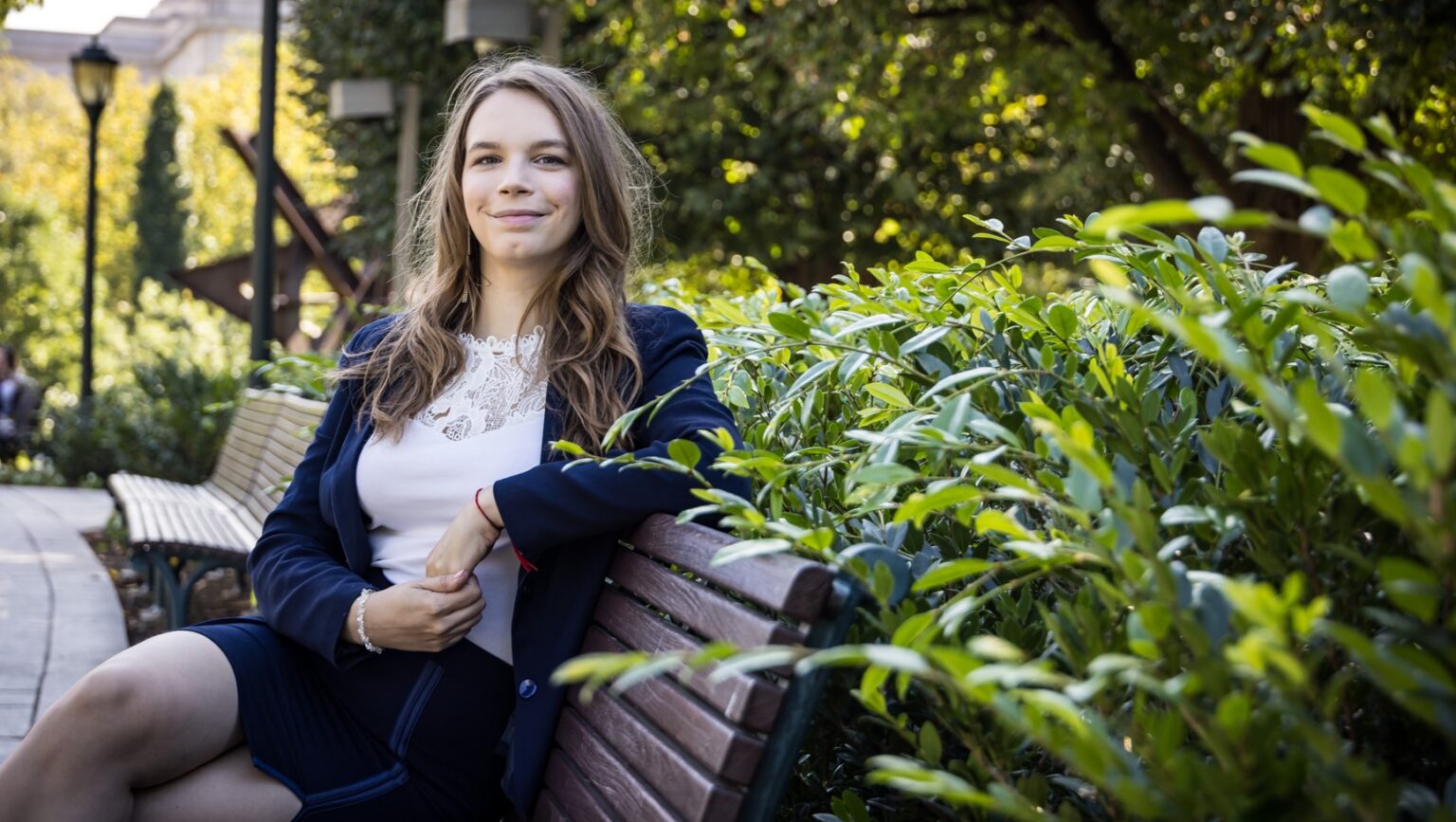
‘I’m grateful to God who has arranged this opportunity, and of course, I’m very grateful to the Hungary Foundation for helping me to come here, where I’ve already done so much, met so many interesting people, traveled a lot, attended, organized and delivered lectures—definitely a life-changing experience.’
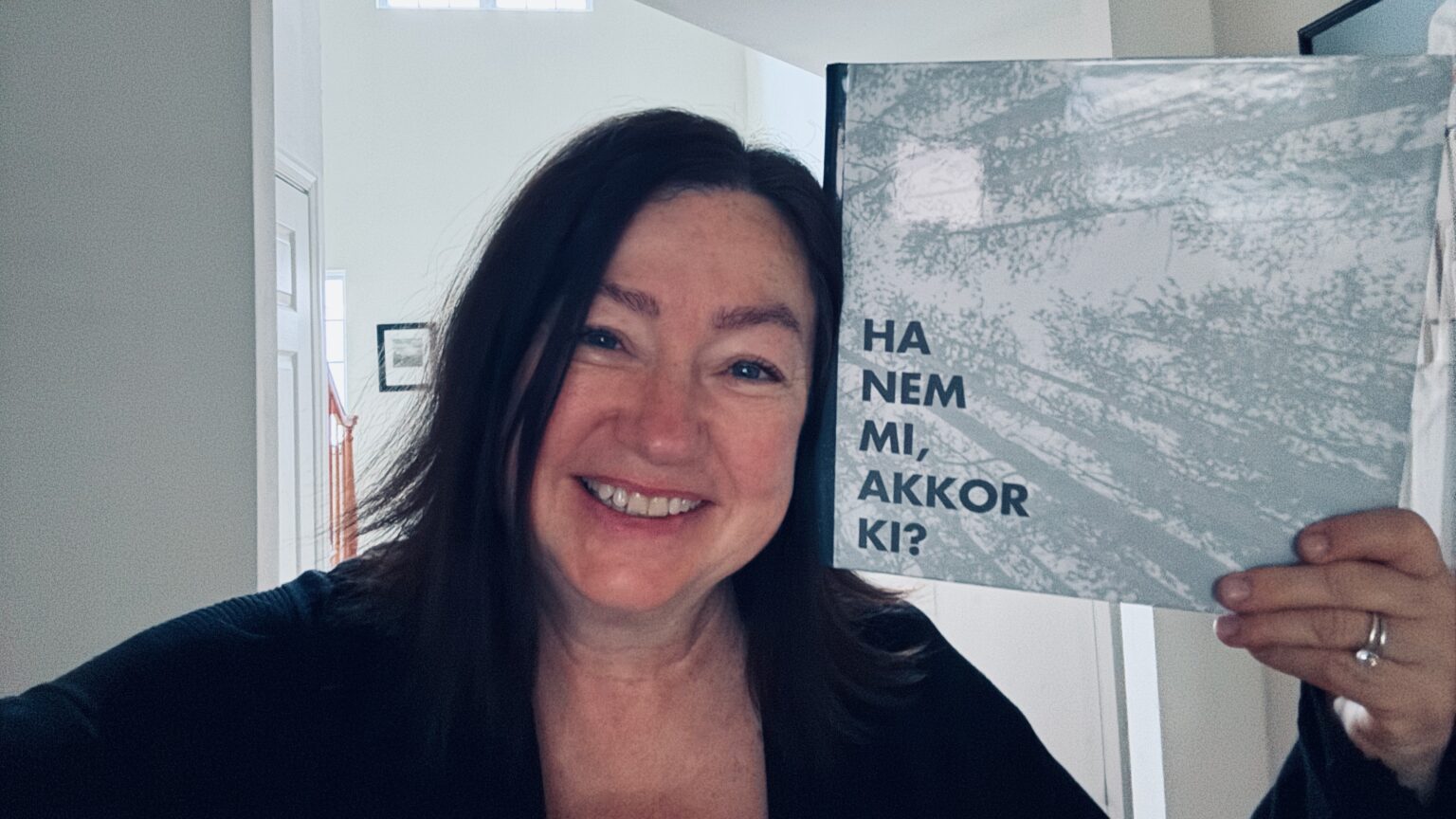
‘Another important point is that the goal of scouting is character development, not religious education…We’re aware that the world has changed, so expecting every scout to be religious and attend church isn’t realistic. But we do integrate faith in God into our scout work.’
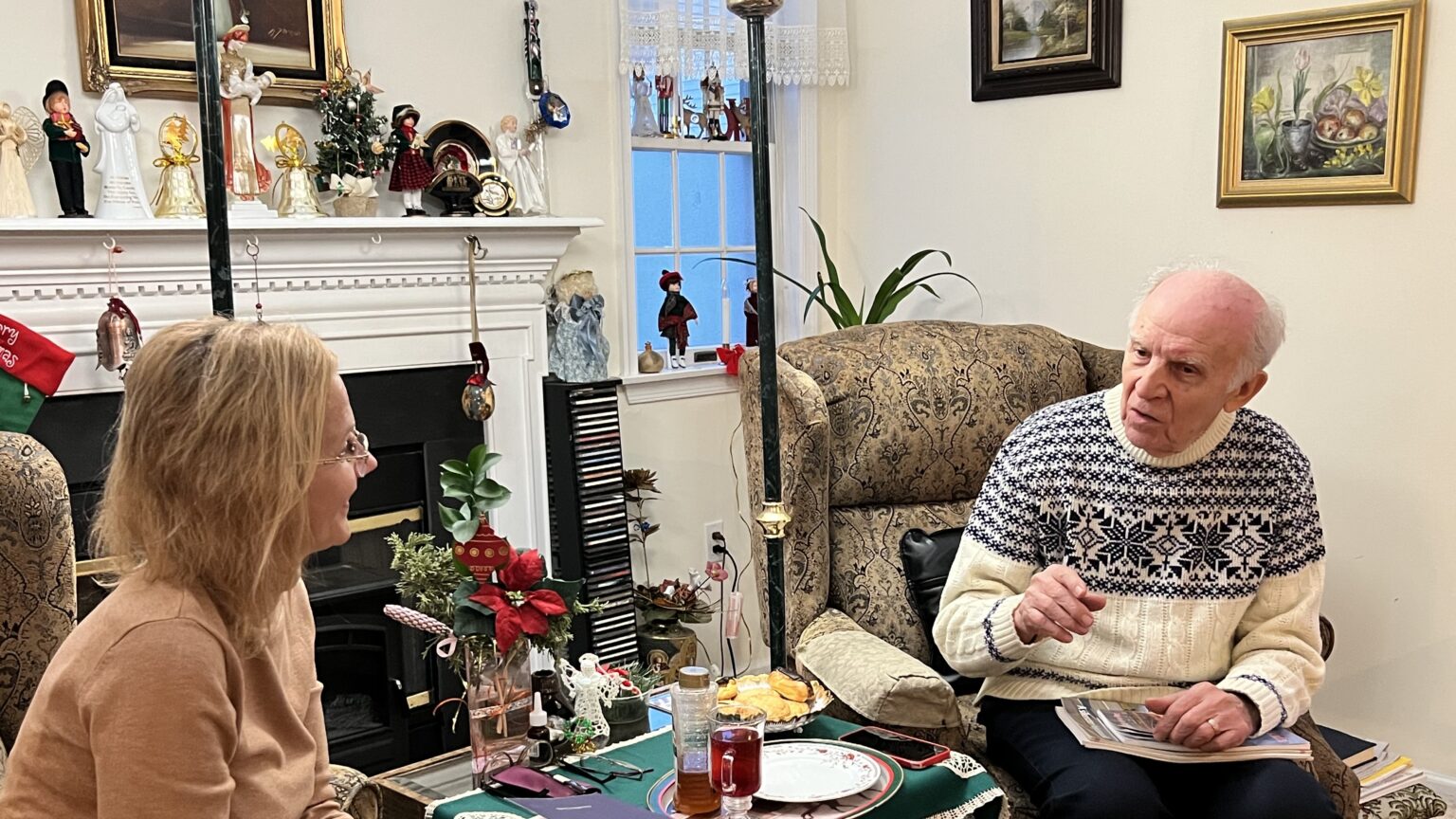
‘My life very often turned out completely differently than I had planned. History intervened several times; for example, World War II, the final phase of which I experienced in Hungary as a child aged 8–9; the communist dictatorship that followed; and then, the 1956 revolution and freedom fight and its suppression that I had to flee from.’
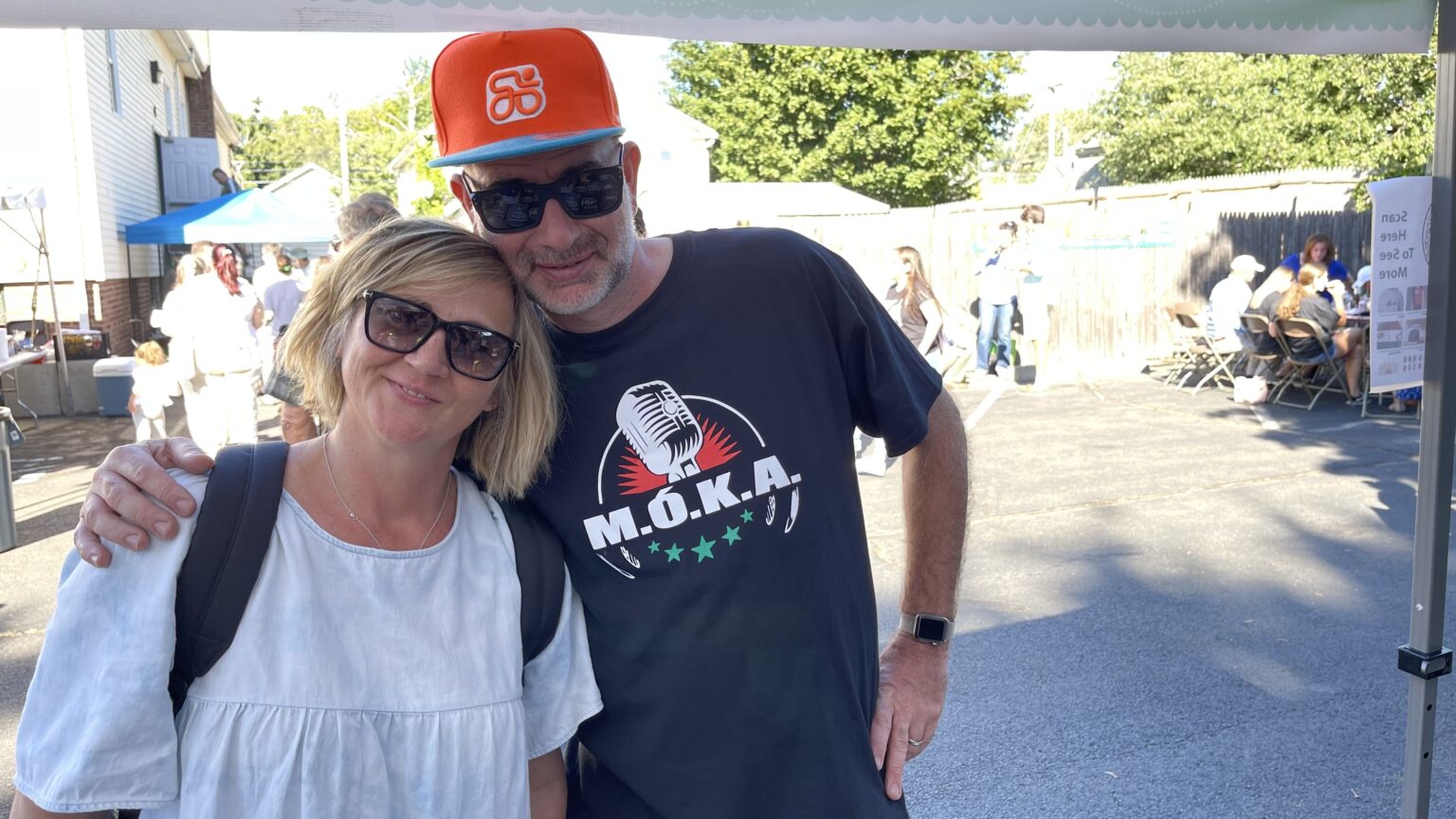
An in-depth interview with Péter Kiss, who came to America as a young adult, and after years of no contact with Hungarian Americans, visited the Garfield Hungarian Club almost by accident. Since then he has organized many events there, and also launched a podcast about the adventures of Hungarians in America.
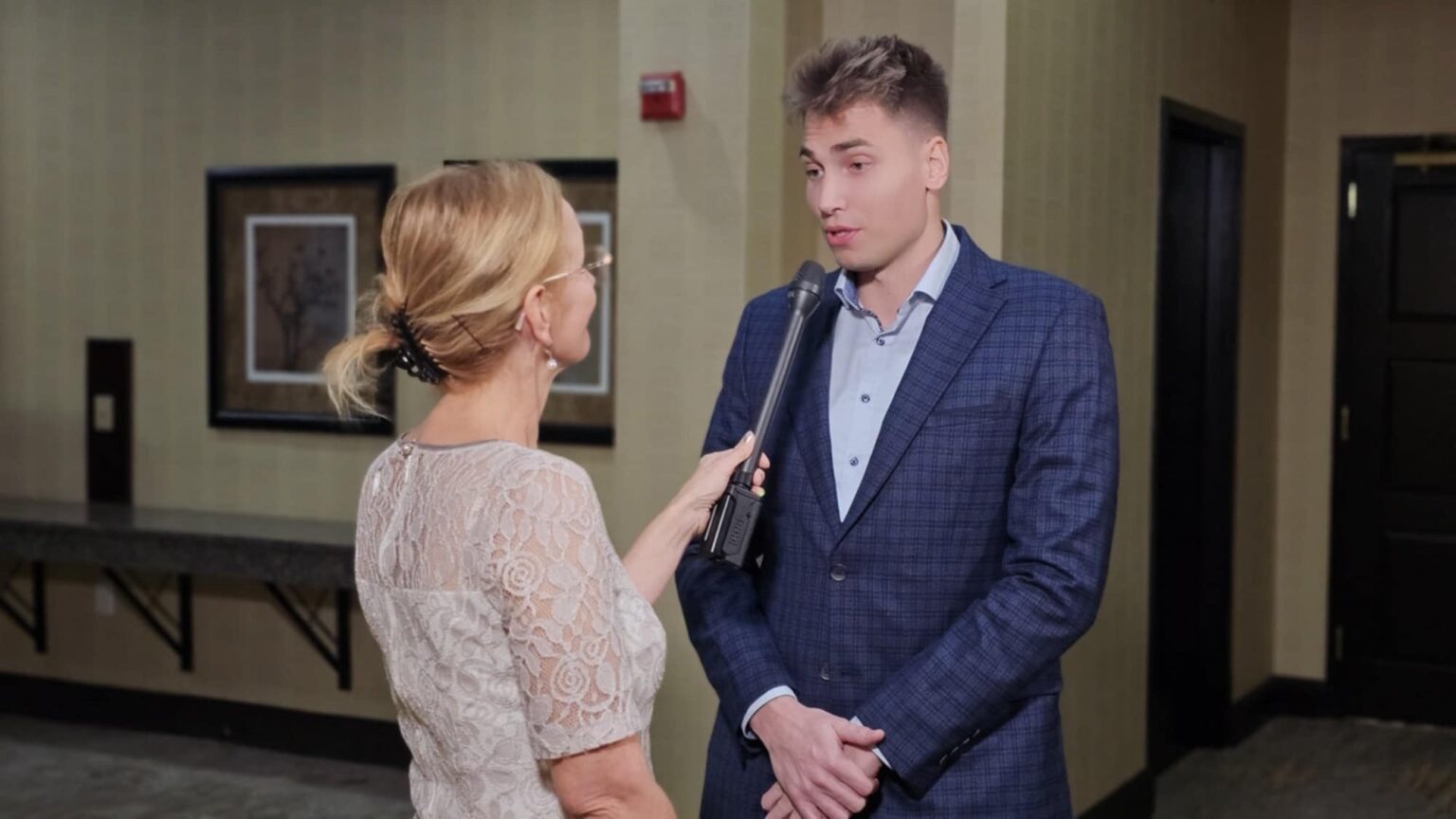
‘Everything I learned in sports has contributed to who I am today. That’s why I believe that when I have children, I’ll encourage them to do sports as well… It’s a blessing because it teaches discipline, focus, self-control, and perseverance.’
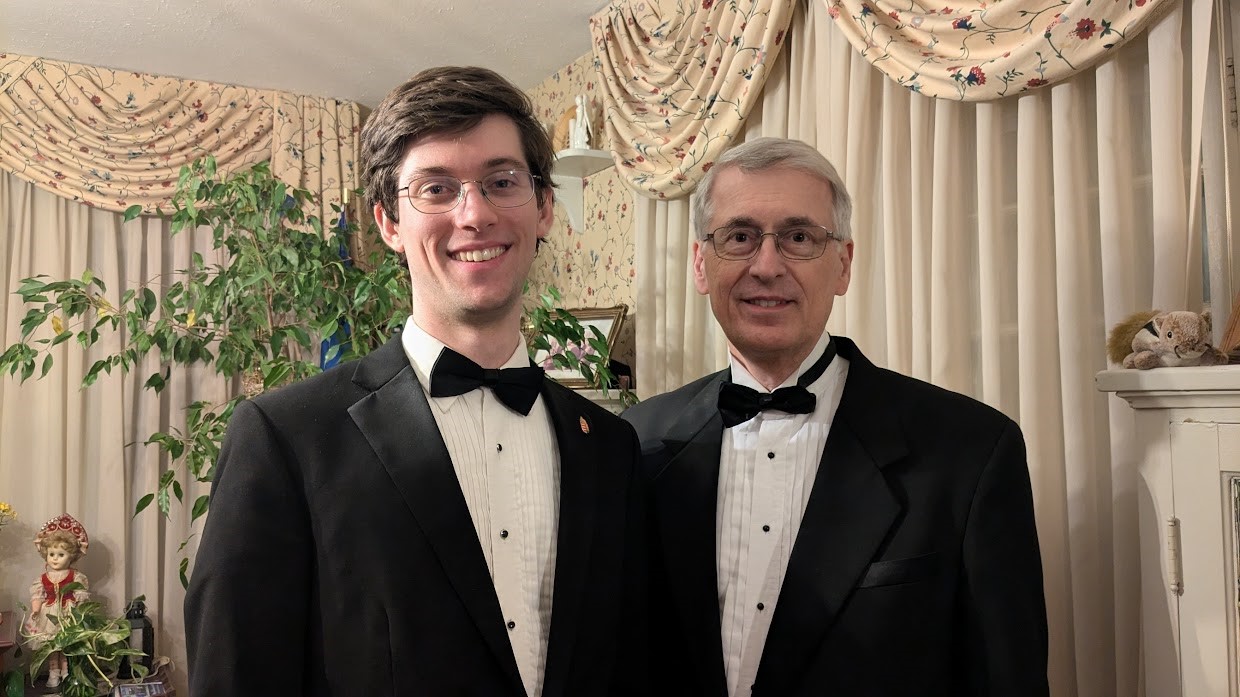
‘As I see it, the problem is always the same across the various minority communities here: there are fewer and fewer participants within them…my view is that even if there are only three or four people involved in specific activities, we should continue the organizing work, so that our communities and their associations continue to exist.’
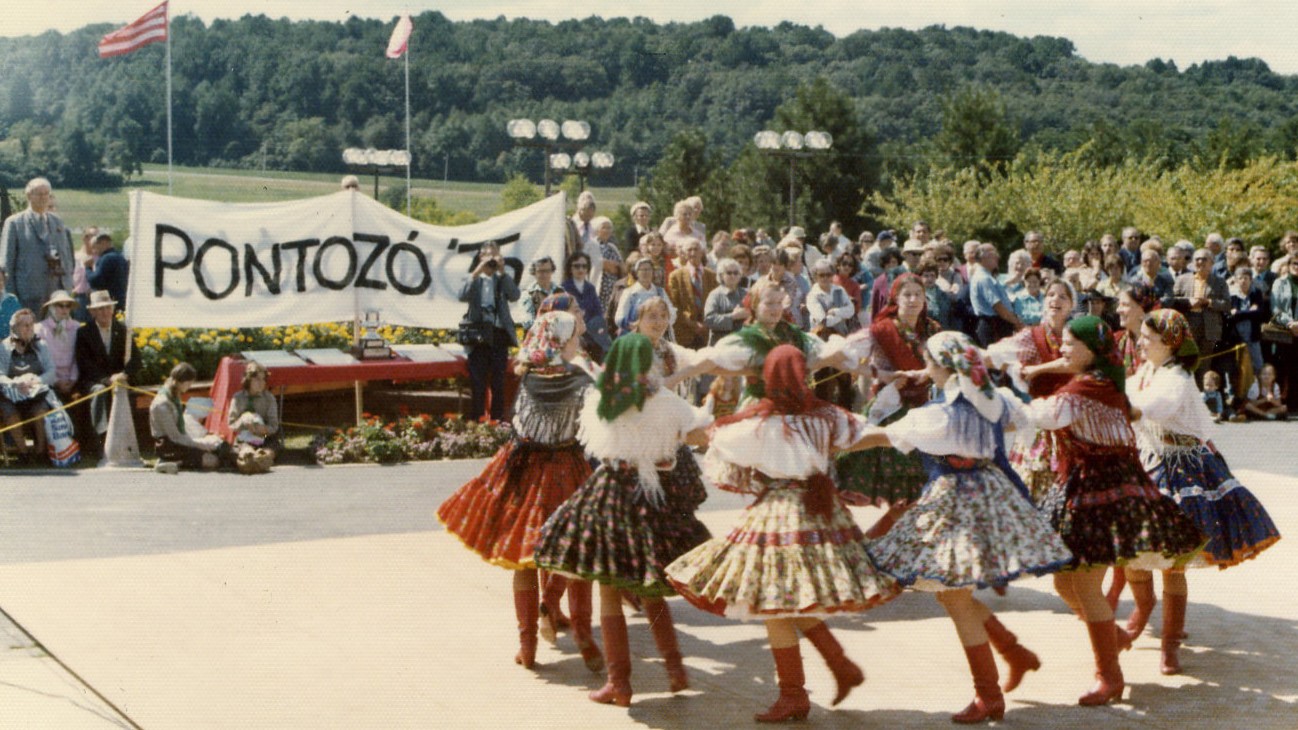
‘The absolute number of those claiming Hungarian descent in the American censuses, approx. 1.5 million, has remained largely unchanged over the past few decades. Even if the communities dwindle, there will always be those who will do their best to be ‘Hungarian’. Because what does it take for someone to remain Hungarian in the diaspora? You need a Hungarian identity…and a culture you are proud of that you don’t throw away and don’t replace,’ says Kálmán Magyar Sr., conceiver of the Pontozó folk-dance festival.
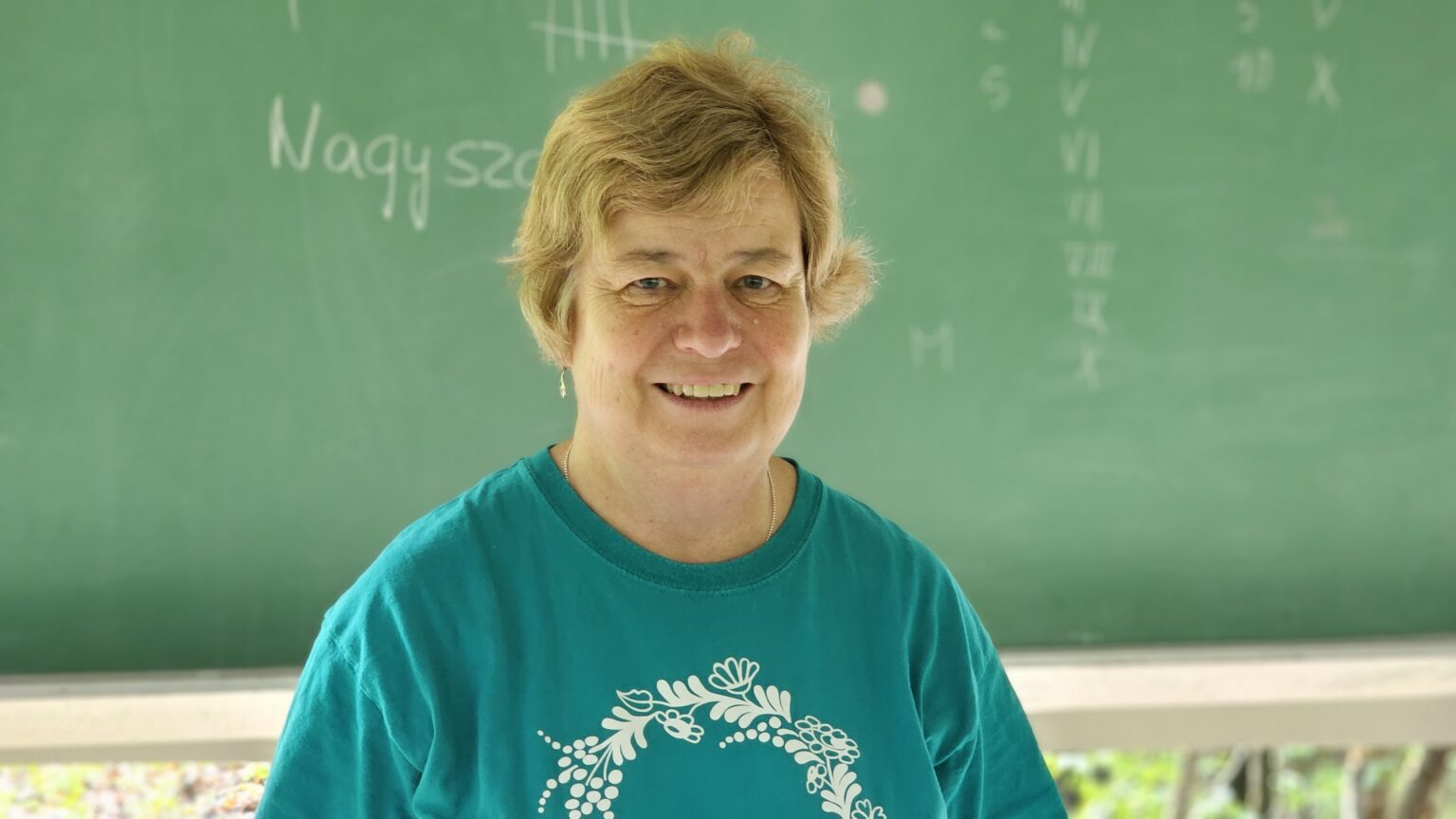
An in-depth interview with Hungarian teacher Kata Tóthné Kollár, principal of the Sándor Kányádi Hungarian School in the San Francisco Bay Area and director of the two-week Hungarian School Camp in Fillmore, New York. She came to the United States almost 30 years ago, and became a teacher at the Hungarian school right after enrolling her two daughters there.
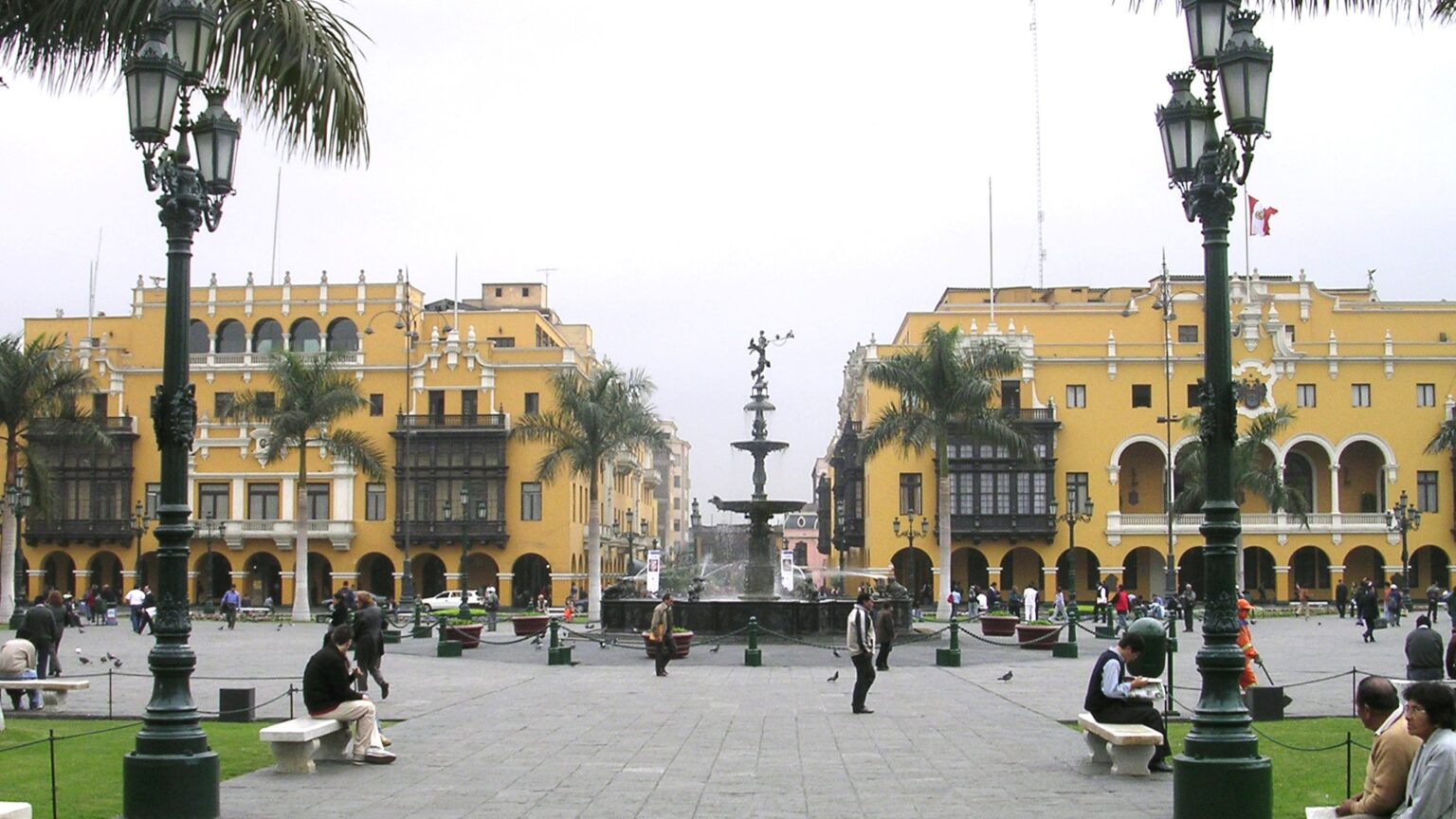
Emőke’s story from the flight from Hungary as a small baby and an accidental move to Peru to her stage performances in multicultural Lima and her endurance through local crises illustrate the destiny of a unique group of Central Europeans finding refuge and a new community far from Hungary.
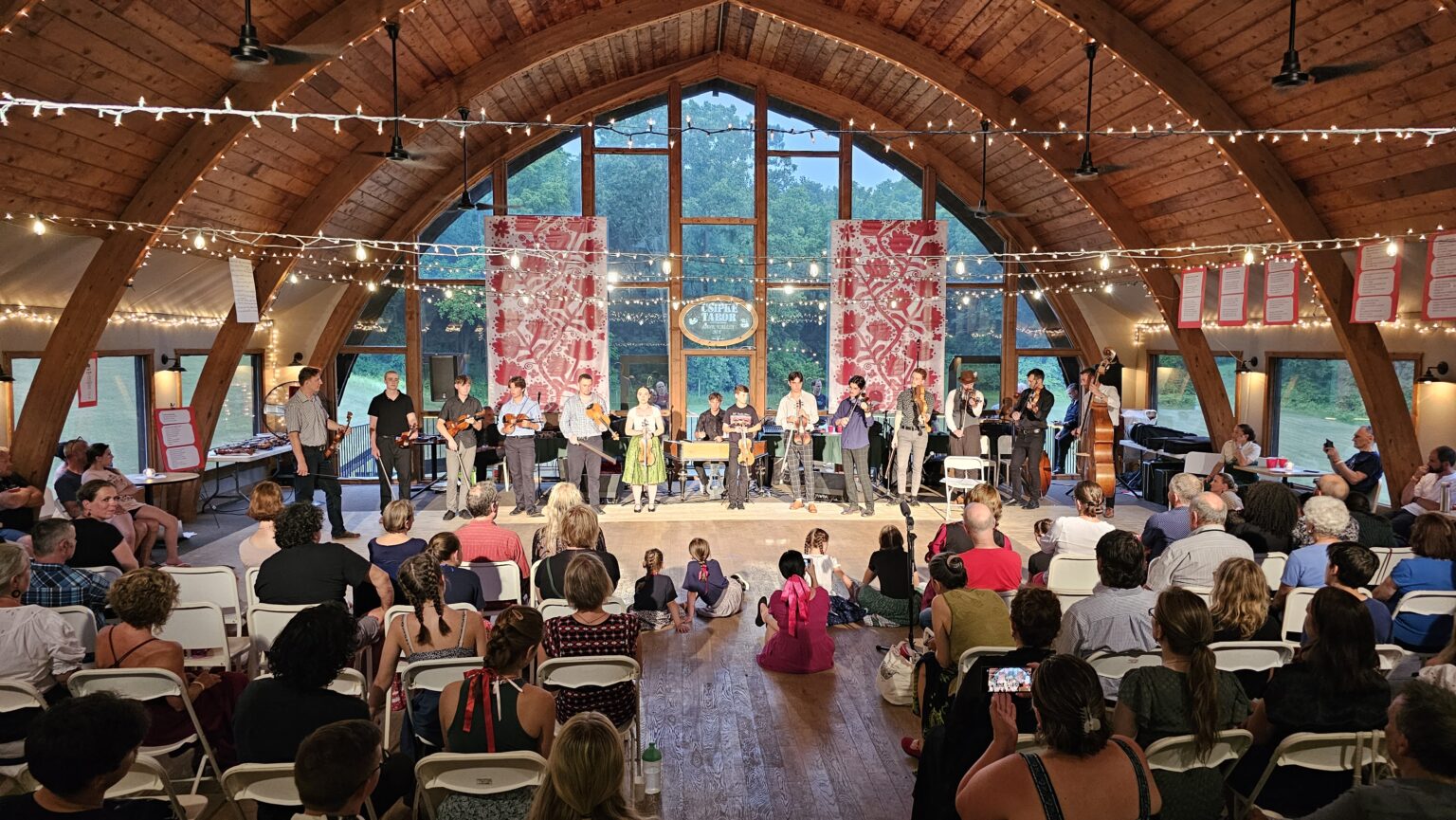
An interview with the artistic director of the Csipke Ensemble about the challenges and beauties of organizing the premier Hungarian dance camp in the United States, as well as about family, Transylvania, folk dancing, and more.
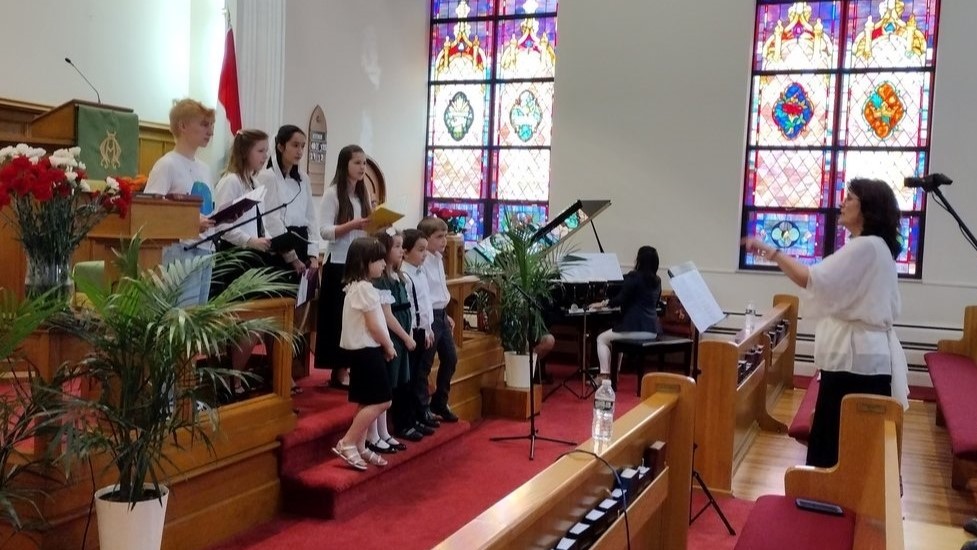
‘The immigrants, such as me, are called Hungarian American, and those who were born here are American Hungarians. Our mentality can differ for many understandable reasons, but we are all bound together by the same mission: our love for God and for each other,’ says Reverend Zsolt Ötvös, who leads the diverse and vibrant Magyar Reformed Church congregation in New Brunswick.
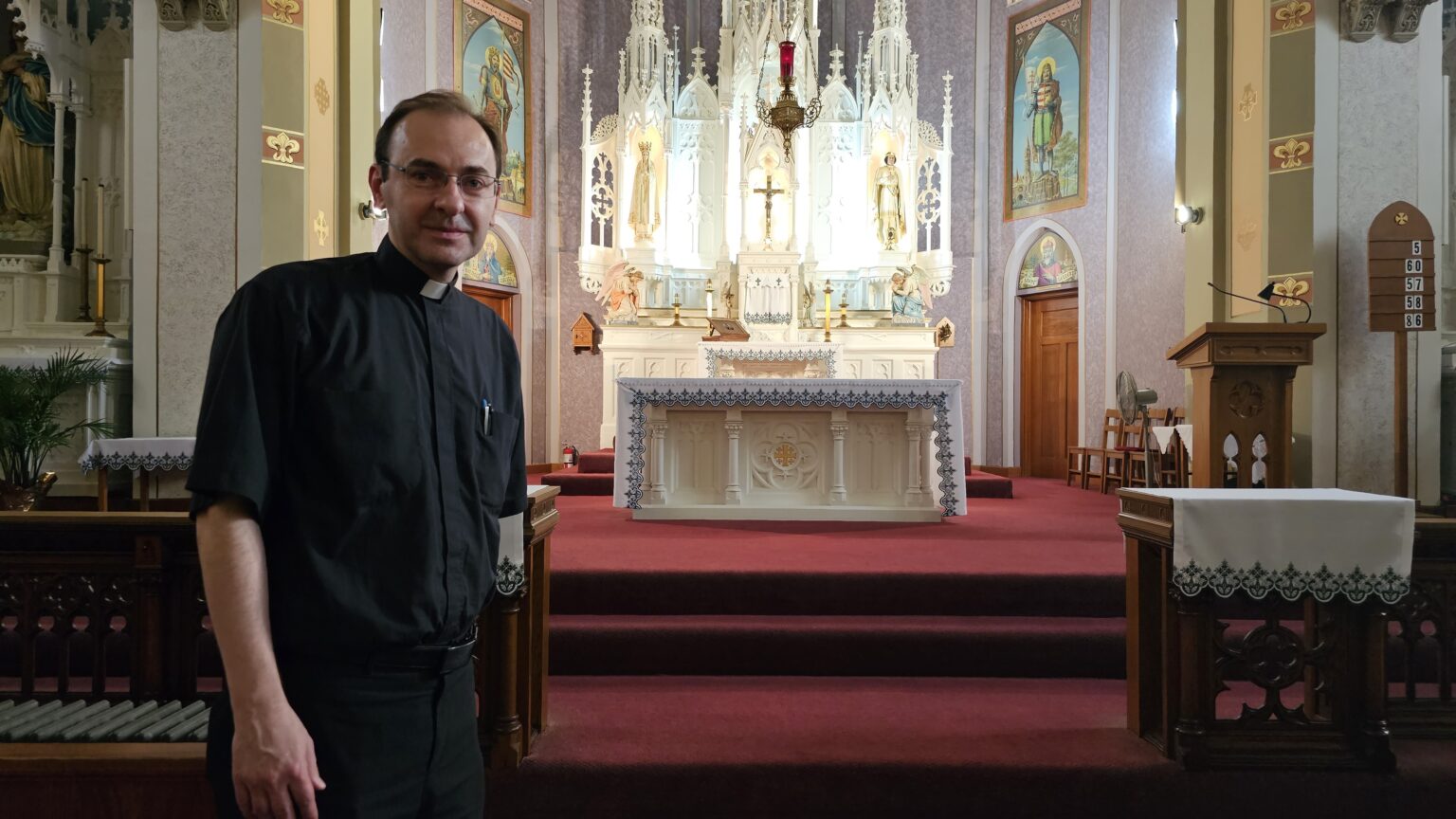
An in-depth interview with Richárd Bóna, who, after finishing seminary in Cleveland and becoming an ordained priest, served in English-speaking parishes for eight years, followed by his assignment in Washington, DC for further studies. In 2020 he finally became the Pastor of St. Emeric and St. Elizabeth Parishes.
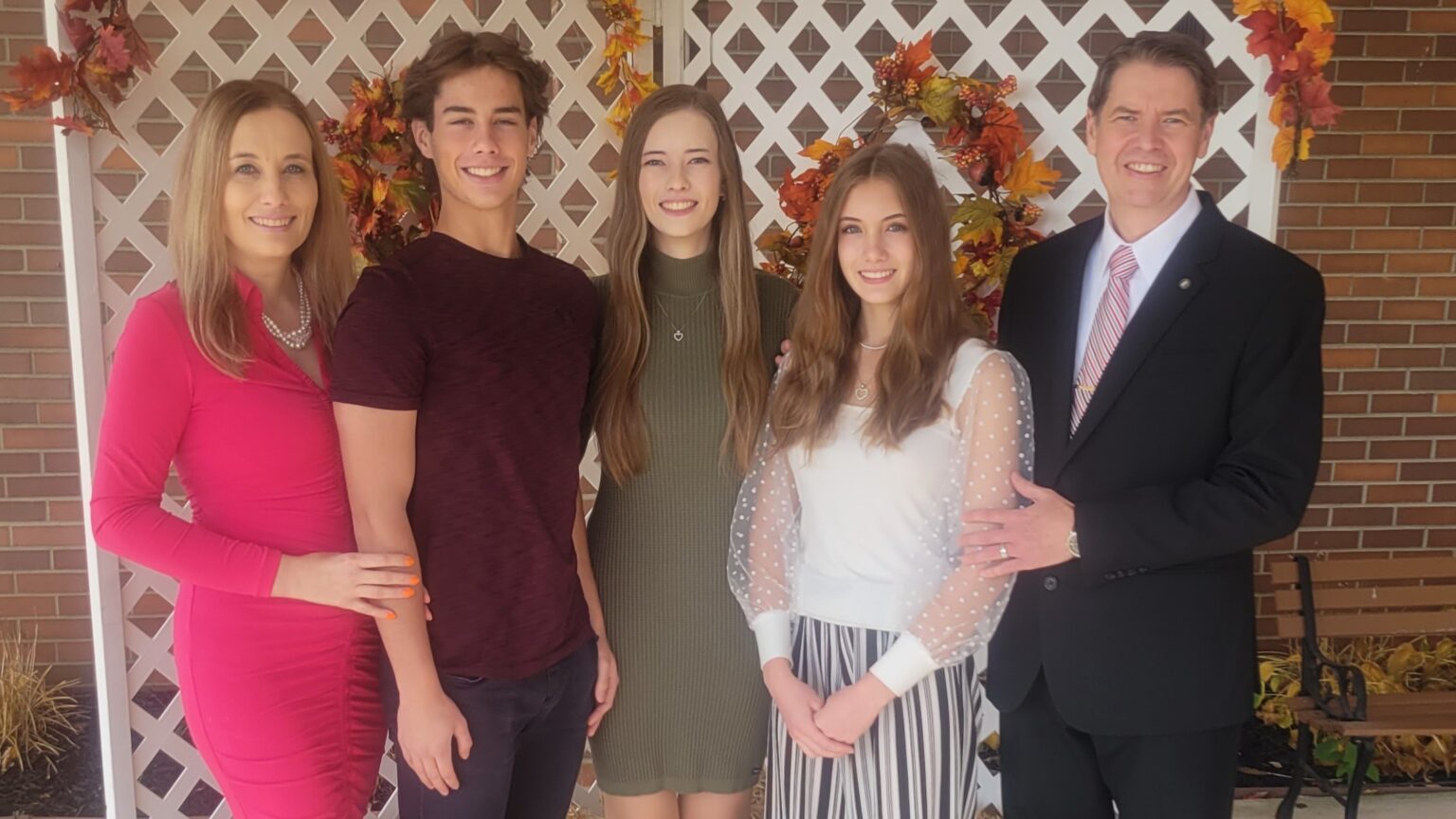
An in-depth interview with Rt. Rev. Dr. Csaba Krasznai, Hungarian Reformed Bishop of the Calvin Synod Conference of the United Church of Christ and Honorary Consul of Hungary; and his wife, Beáta Krasznai, a teacher, psychologist, principal of the church’s Sunday school and the Nebuló Hungarian Language School, who have been living and serving in Cleveland for more than 20 years.
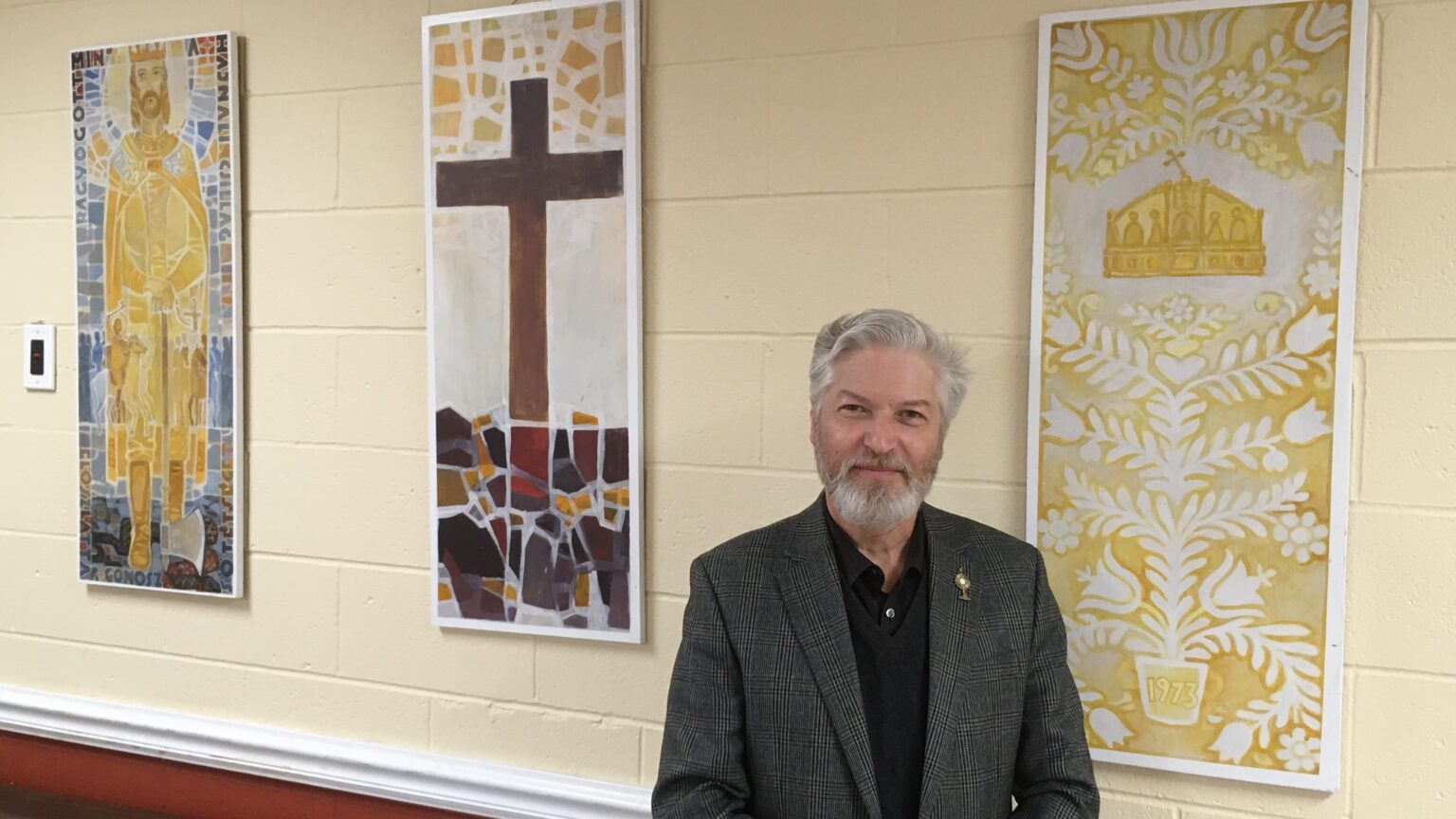
An extraordinary life blessed with unshakeable faith, dedicated to selflessly serving the community: meet Dr. István Horváth, a pillar of the New Brunswick Hungarian American community, and his family.